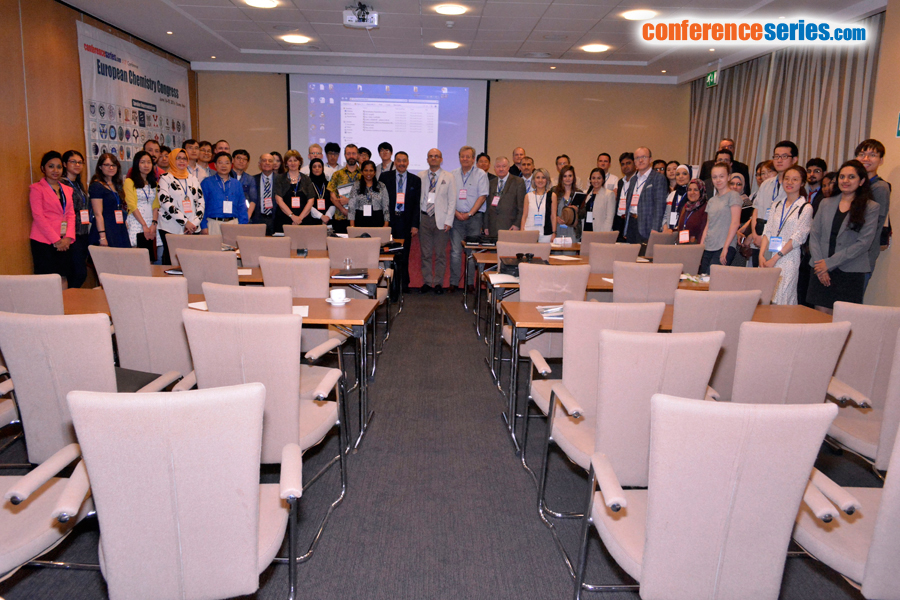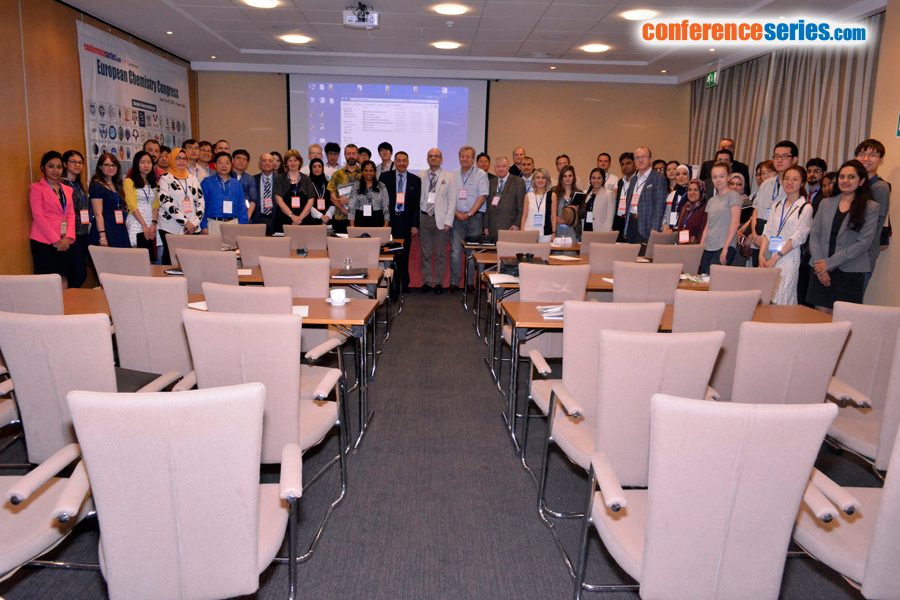
Marc Le Borgne
UniversiteÌ Lyon, France
Title: The medicinal chemist's toolbox: how to use it to develop small molecule CK2 inhibitors
Biography
Biography: Marc Le Borgne
Abstract
Protein kinase CK2 is a ubiquitous eukaryotic serine/threonine protein kinase. CK2 is a highly pleiotropic enzyme which catalyzes the transfer of terminal phosphate from ATP or GTP to various proteins implicated in a wide variety of cell functions. The catalytic subunits of CK2 (alpha and/or alpha’) are constitutively active either alone or in combination with the regulatory beta-subunits to give a heterotetrameric protein. Overexpression of CK2 creates a favorable environment for tumor development. CK2 has now emerged as a relevant therapeutic target for the treatment of cancer (e.g. prostate cancer, breast cancer, hematological malignancies, PDAC) and diverse strategies are developed to target CK2, and to synthesize specific, selective and cell-permeable inhibitors.My talk would like to present a fully integrated Drug Discovery presentation on the first protein kinase discovered in 1954. CK2 is a remarkable target to promote Drug Discovery Chemistry. After nearly 60 years, CK2 is still a challenge for chemists! They must design small molecules to inhibit CK2 holoenzyme or its catalytic subunits; large chemical diversity is then required!Furthermore the success will depend on how chemists interfere with biologists. Both must investigate in all areas at the interface of chemistry and biology.




